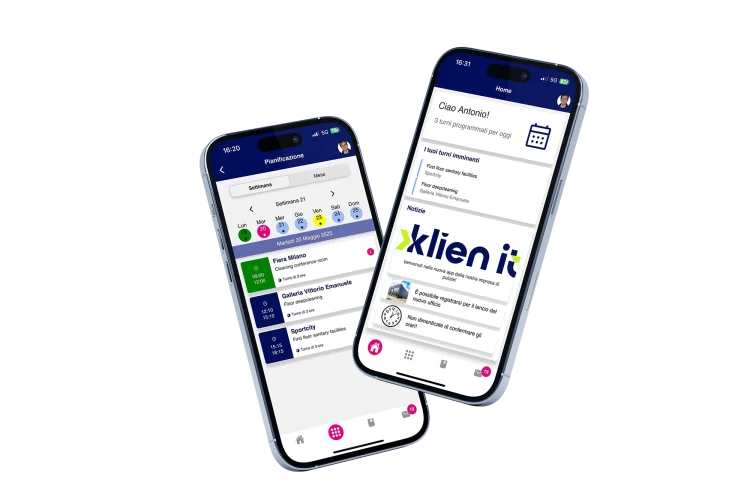In the cleaning industry, every minute counts. From managing teams across multiple locations to ensuring accurate payroll, keeping track of working hours is essential. Yet for many cleaning businesses, time tracking is one of the biggest headaches. Paper sheets get lost, hours are miscalculated, and managers spend valuable time correcting errors instead of focusing on clients.
The truth is, time tracking doesn’t have to be complicated. With the right tools and approach, cleaning companies can save hours of admin work, improve accuracy, and make the process effortless for both managers and cleaners.
When time tracking becomes a problem
Traditional time-tracking methods might seem simple, but they often create more confusion than clarity. Paper timesheets rely on manual input, which means human error is almost guaranteed. Some employees forget to log their hours, others fill them in late, and messy handwriting can cause disputes. Even when spreadsheets are used, information can be incomplete or inconsistent. Managers end up chasing missing data, cross-checking hours, and trying to make sense of it all before payroll deadlines. This doesn’t just waste time, it affects morale and trust too. When employees feel their hours aren’t recorded correctly, or payments don’t match their effort, frustration grows. Meanwhile, without accurate data, managers lose visibility into how time is being spent on each site.
A smarter approach to tracking time
Modern cleaning companies are adopting digital tools to simplify time tracking and reduce mistakes. These tools are designed with cleaners and supervisors in mind; easy to use, mobile-friendly, and reliable.
Here’s how a smarter system transforms everyday operations:
- Instant clock-ins and clock-outs: employees can check in directly from their phones, with no paperwork or delays.
- GPS verification: ensures staff are on-site when they start work, without adding extra steps or pressure.
- Integrated scheduling: connects rosters with attendance data, giving managers a real-time overview of who’s working and where.
- Automatic reporting: generates accurate summaries of hours worked, overtime, and attendance trends, ready for payroll.
- Error reduction: removes manual calculations and reduces the risk of missing or duplicated data.
By moving to a digital system, companies not only save time but also build a more transparent, trustworthy process for everyone involved.
Putting people first
While technology makes time tracking easier, it’s important not to lose sight of the people using it. A successful system should make life easier for cleaners, not add pressure. The goal is to build trust, not surveillance. Cleaners appreciate simplicity. When they can quickly clock in, see their hours, and trust that they’ll be paid correctly, it boosts confidence and motivation. Managers, in turn, gain reliable data without needing to micromanage. Communication plays a big role here. When everyone understands the value, adoption becomes much smoother.
The risks of ignoring change
Companies that stick with outdated systems often pay the price in hidden costs. Manual errors can lead to payroll disputes, compliance issues, or even client complaints. Without accurate records, it’s harder to prove attendance or performance, something that can damage client trust and company reputation.
In a competitive market, professionalism matters. Digital time tracking shows clients that your business is organized, transparent, and committed to delivering reliable service. Ignoring this shift means missing out on both efficiency and credibility.
Building a better workflow
The transition to a new time-tracking system doesn’t have to be overwhelming. Start by assessing what’s causing the most friction in your current process. Is it lost timesheets? Miscommunication between managers and staff? Slow payroll updates. Then, look for a solution that addresses those pain points. Choose one that integrates with your existing scheduling and payroll systems, and make sure it’s mobile-friendly.
Making time work for you
Time tracking shouldn’t be a daily struggle. For cleaning companies, a well-designed digital system can save hours of admin work, reduce frustration, and build stronger trust across the team.
By replacing manual methods with simple, transparent tools, businesses can focus more on service quality and less on paperwork. The result? Fair pay, happier employees, and more satisfied clients, all achieved without the hassle.



